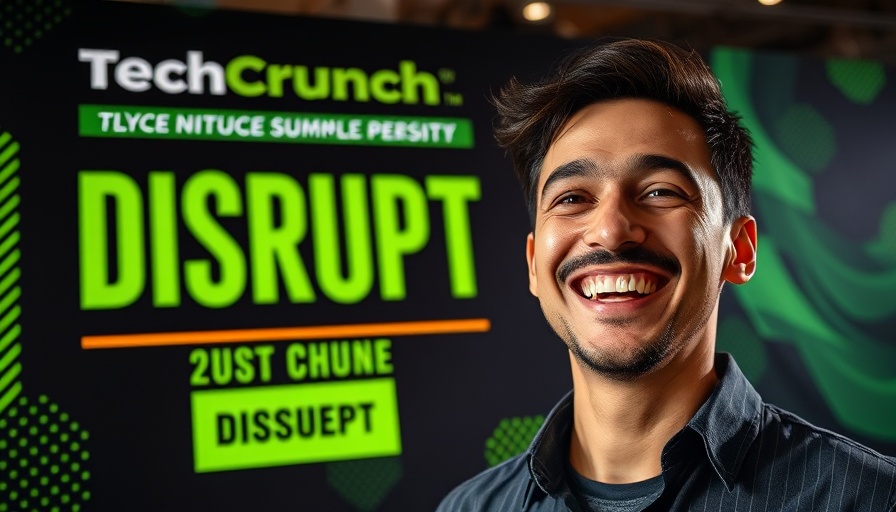
Redefining Creativity in the Age of AI
At the forefront of the evolving relationship between design and artificial intelligence is Alejandro Matamala Ortiz, co-founder and chief design officer at Runway. As he prepares to take the stage at TechCrunch Disrupt 2025, Ortiz is set to share transformative insights into how design principles are actively shaping generative AI tools. His session promises to shed light on the significant ways AI is not just a tool, but a partner in creative expression.
Why This Conversation Matters
In a landscape where approximately 10,000 startup and VC leaders converge, the need for dialogue about AI's impact on creativity has never been more pressing. As industries from film to marketing embrace AI, professionals must navigate the challenging balance between leveraging technology and preserving human artistry. Ortiz’s perspective emphasizes the potential for AI to enhance, rather than replace, creative processes.
Empowering Creativity Through Design
The essence of Ortiz’s message is that collaboration between creative professionals and technologists can yield tools that empower artistic expression. This design-first approach ensures that AI-generated content remains intuitive and approachable for artists, making advanced technologies accessible without compromising individual creativity.
A Glimpse of the Future: AI in Creative Industries
As AI continues to infiltrate the creative landscape, the demand for innovative tools is rising. Ortiz’s insights will focus not just on what’s possible today, but on future trends that could reshape how content is created. Attendees can expect discussions on how AI tools can streamline workflows and enhance creativity, fostering an environment where human ingenuity thrives alongside machine learning.
Joining the Creative Revolution at Disrupt 2025
Joining Ortiz will be other leaders in technology and design, each contributing to a larger conversation about the future of creativity. This convergence of minds at TechCrunch Disrupt on October 27-29 in San Francisco will not only highlight the innovations of today but will also inspire the creators of tomorrow. Attendees will have the opportunity to engage with fresh ideas and network with industry pioneers.
Take Action: Be part of the AI & Design Discussion
Don’t miss out on the chance to participate in these pivotal discussions. Investing in a ticket to Disrupt 2025 isn’t just about attendance; it’s about joining a movement aimed at redefining creativity in an AI-driven world. With savings of up to $625, this is an opportunity for aspiring creatives and established professionals alike toengage with and learn from the best in the field.
 Add Row
Add Row  Add
Add 




Write A Comment